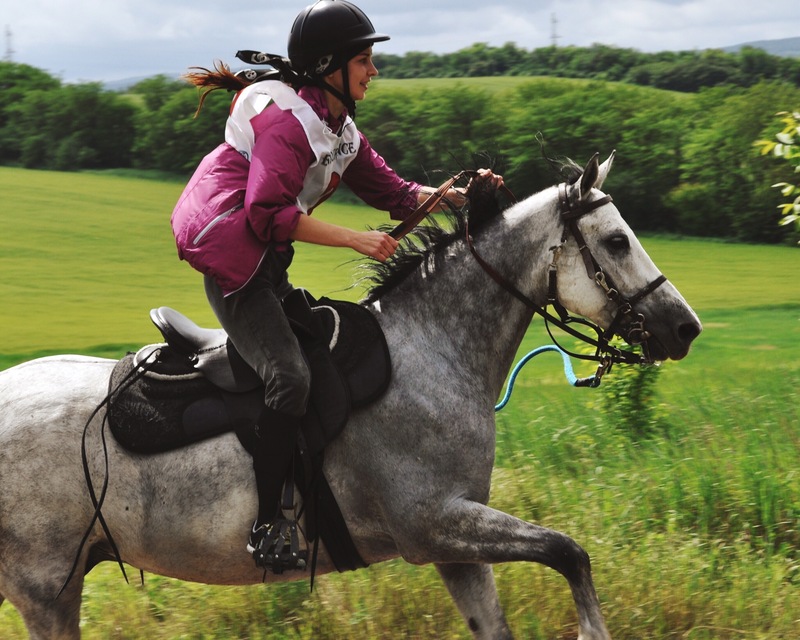
What Is the Main Horse Race Betting Terminology?
Horse racing betting is an opportunity to make a big profit solely due to your mind and character. However, you need to get a little basic knowledge to get started. Terminology is one of the categories of this knowledge. After all, inexperienced users sometimes find it challenging to understand what is generally being discussed on forums or bookmaker websites. In this article, we’ll look at what words you need to learn to become a full-fledged part of the community!

Horse Racing Terminology
- Amateur – jockeys who have only recently become full-fledged participants in competitions. They are eligible to claim weight based on the number of wins.
- Lead – is a small weight placed in the saddle to compensate for the difference between the weight intended for the animal and the rider’s weight.
- Colt – is a stallion under the age of four.
- Apprentice – is the next level of skill after the amateur.
- Banker – is a slang term for a competitor with a better chance of winning than others.
- Best Turned Out – is a small prize given to the rider of a competitor that has shown its best side at the show before the races.
- Blinkers – are a piece of equipment that restricts the horse’s vision and forces it to concentrate on the ground in front of it.
- Cheek Pieces – similar to the last piece of equipment, consisting of several sheepskin stripes on the harness.
- Colors – horses are identified by their colors: blue, black, chestnut, gray, and brown.
- Draw – denotes the number of stalls from which this or that competitor will run. In this case, the number is chosen at random before the race itself.
- Filly – is a female horse under the age of four.
- Furling – is a designation of a length corresponding to 200 meters or 220 yards.
- Gelding – is a castrated stallion.
- Green – as in the human world, inexperienced horses, are called green.
- Judge – a person whose task is to announce the winner.
- Length – the length of the animal. Quite an important indicator, since sometimes the difference between prizes can be in centimeters.
- Mare – is a female horse over five years old.
- Noseband – an element of animal equipment consisting of a sheepskin harness around the nose.
- On the bridle – is the term used for a horse running on its own along a track.
- Off the bridle – is the term for an animal that does not run on a race without help from the rider.
Gambling Community Terminology:
- Price – an alternative name for the coefficients for a specific athlete.
- Favorite – is the competitor with the best chance of winning. There can be one, two, or more of them.
- Fixed-odds – betting odds that are stored in the position that was at the time of the trade fixing. Regardless of other races, you will receive the profit that was announced earlier.
- Odds-on – used when one of the athletes has too great a chance of winning. Then, your profit will be less than one dollar for every dollar betted.
- Long betting odds – the opposite situation from the previous one. When the competitor has a low chance of winning, long odds represent multiple returns on the investment.
- Short betting odds – denotes a situation in which a race participant has a good chance of winning, but he is still inferior to the favorite. In this case, it is not clear which will come out the winner. Usually, the betting odds for these athletes are called short. However, they will still bring you to profit significantly less than in the previous case.
Have You Learned Them?
Horse racing betting requires some knowledge from the gambler, which you can get in this article. Try to learn all these terms to start making good money now!
